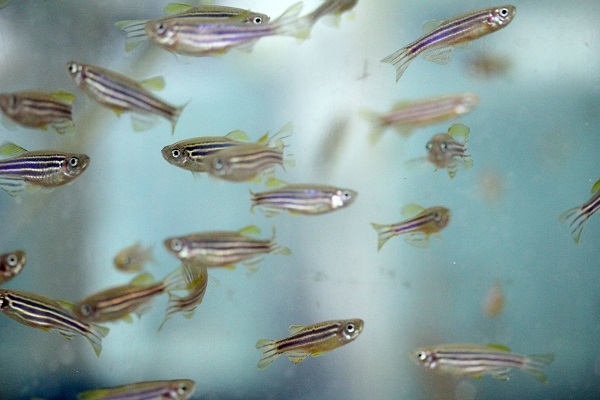Importance of dispersal in shaping microbiomes

A new publication, led by META Center graduate Adam Burns, demonstrates the importance of dispersal in shaping gut microbial communities, as described here. In this study, Burns and coworkers manipulated dispersal between healthy and immunocompromised zebrafish. They found that whereas the microbiomes of these two types of fish differed markedly when the fish were reared in isolation, they converged to similar communities when the fish were co-housed. Remarkably, this microbiome convergence occurred even when only immunodeficient fish were co-housed, suggesting that co-housing itself selects for microbes that can persist through inter-host transmission. The study was published Oct. 2 in the online early edition of the Proceedings of the National Academy of Sciences.
October 11, 2017
